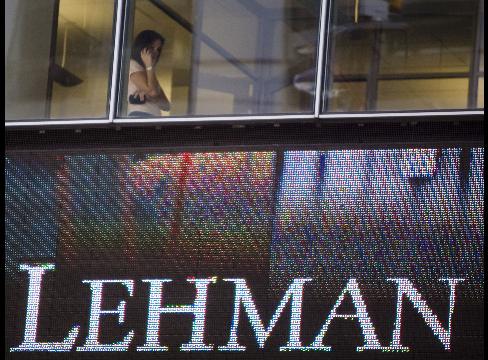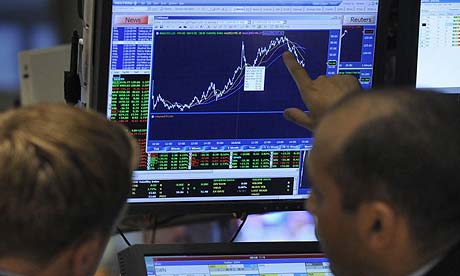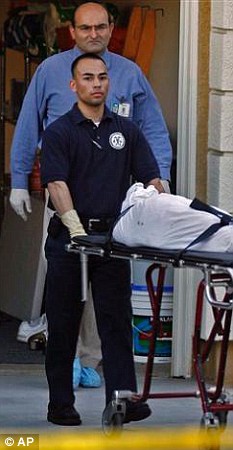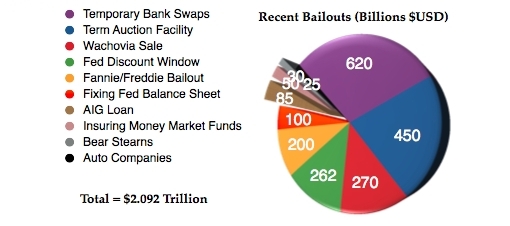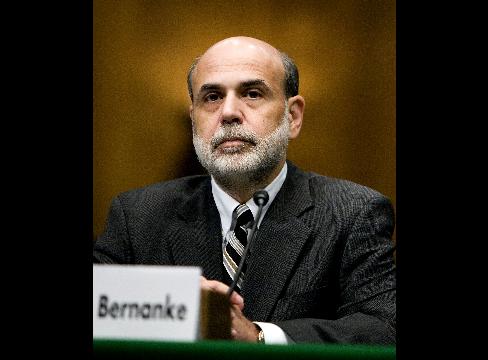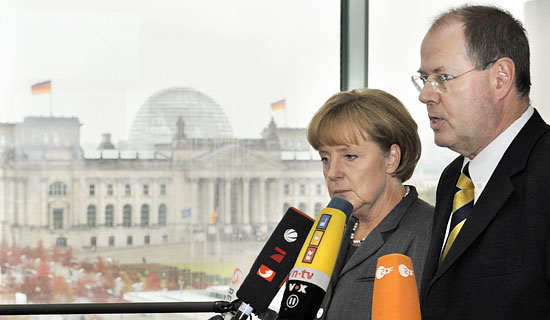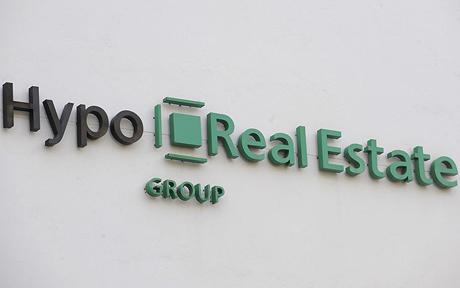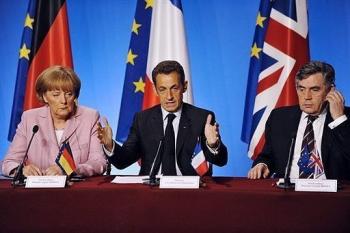For years, Germany Inc.’s best promotional vehicles have been the world-class luxury cars the country produces. Shiny Audi, BMW and Mercedes-Benz cars are like mobile billboards for excellence, from New York to Moscow, Buenos Aires to Shanghai.

But as the global financial crisis begins to take its toll on the real economy, Germany’s export machine has hit a wall. German exports fell 2.5% in August, the sharpest fall since 2003, as consumers and companies around the world cancel orders for everything from high-end industrial equipment to chemicals.
The car industry, still Germany’s biggest employer, is the worst hit. High gas prices in key markets such as the U.S. have slowed sales for months. Some consumers have been waiting for more fuel-efficient models, while many more are now delaying new purchases because of uncertainty over their jobs. Thanks to the credit crunch, even people who want to buy are finding finance has dried up.
All that spells trouble for the likes of BMW, Mercedes Benz, Porsche, Volkswagen, Ford Europe and General Motors’ Europe arm, Opel. Ferdinand Dudenhoffer, a respected industry analyst, predicts that the number of new German cars delivered to customers in 2008 will fall by at least 100,000 units to around 3.1 million, and will likely slip below three million next year. As a result, he says, German car companies will have to cut up to 20,000 jobs over the coming year.
